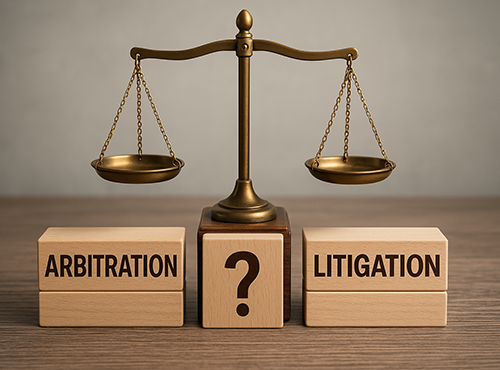False Domestic Violence Charges: What to Do If You Are Wrongfully Accused
Facing domestic violence charges in India is a deeply serious matter that can have life-changing consequences. Under Indian law, domestic violence criminal charges can include not just physical harm but also emotional, economic, or verbal abuse within a household. If proven guilty, these domestic abuse charges can lead to imprisonment, hefty fines, and social stigma, affecting every aspect of your personal and professional life.
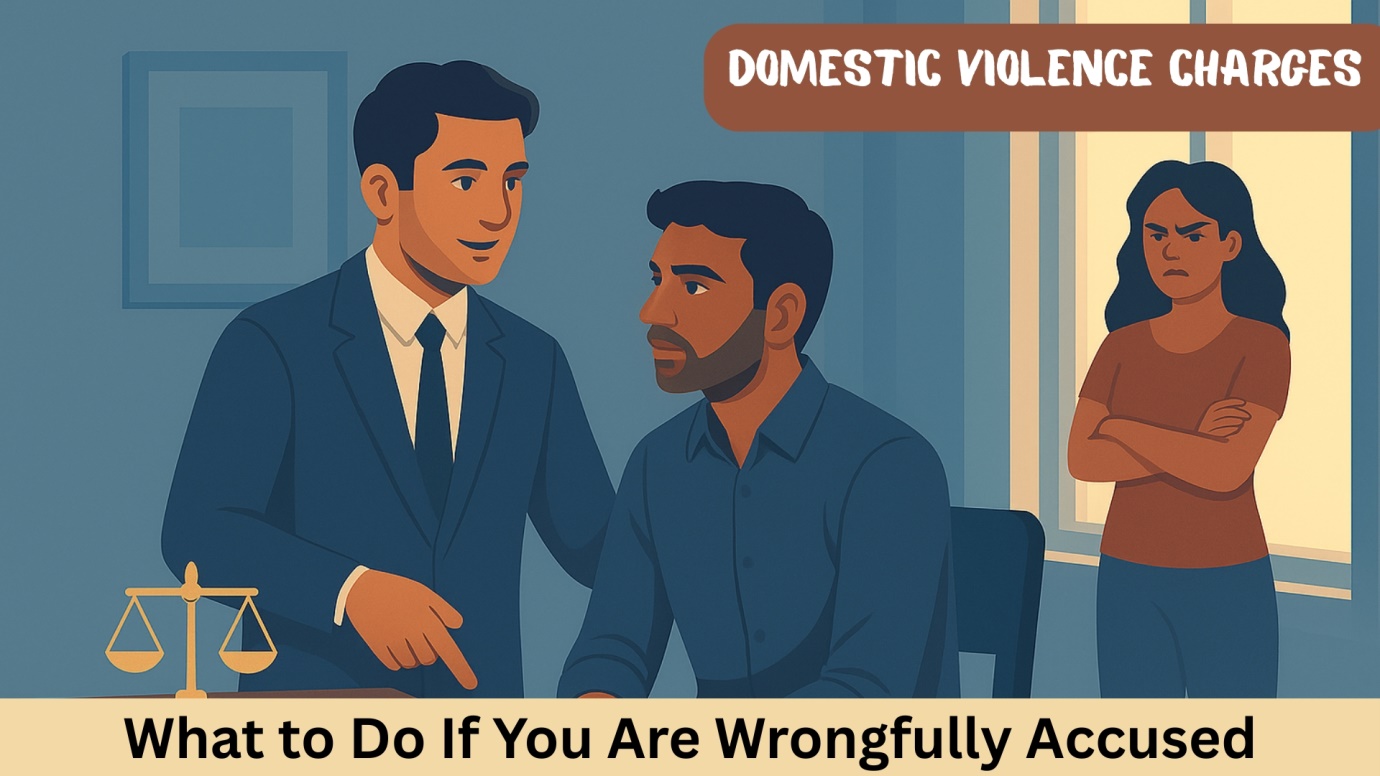
India’s legal framework, including Section 498A of the IPC and the Protection of Women from Domestic Violence Act (PWDVA), 2005, was designed to protect genuine victims. However, there has been a rising trend of misuse of these provisions in recent years. A growing number of men and their families face a false domestic violence case due to personal disputes, property issues, or marital discord. In many instances, a domestic harassment charge or domestic assault charge is filed with exaggerated or fabricated claims, which can be devastating for the accused.
It is crucial to understand that being wrongfully accused does not mean you are powerless. False allegations do happen, and the law provides ways to defend yourself effectively. If you or someone you know is facing a false domestic violence case, the key is to act calmly, know your rights, and build a strong legal defense. With the right legal guidance, it is absolutely possible to fight back against unjust domestic violence charges and protect your reputation, freedom, and future.
Understanding Domestic Violence Laws in India
Domestic disputes within families are unfortunately common, and the Indian legal system provides strict domestic violence laws to protect genuine victims. However, these laws can sometimes be misused, resulting in a false case of domestic violence that can turn lives upside down.
Let’s break down what these laws mean, who can file complaints, and what you could face if convicted.
Key Domestic Violence Laws in India
- Section 498A IPC: One of the most widely known domestic violence laws is Section 498A of the Indian Penal Code, which criminalizes cruelty by a husband or his relatives towards a wife. Cruelty here can include physical harm, emotional abuse, or demands for dowry. If someone files a fake domestic violence case under 498A, the accused can be arrested without a warrant and face a long, stressful trial.
- The Protection of Women from Domestic Violence Act, 2005 (PWDVA): The PWDVA is a civil law that offers broader protection. It allows women to seek protection orders, residence rights, and financial relief if they are subjected to domestic abuse. Unlike 498A, which is purely criminal, this Act provides civil remedies but can run parallel to criminal charges for domestic abuse.
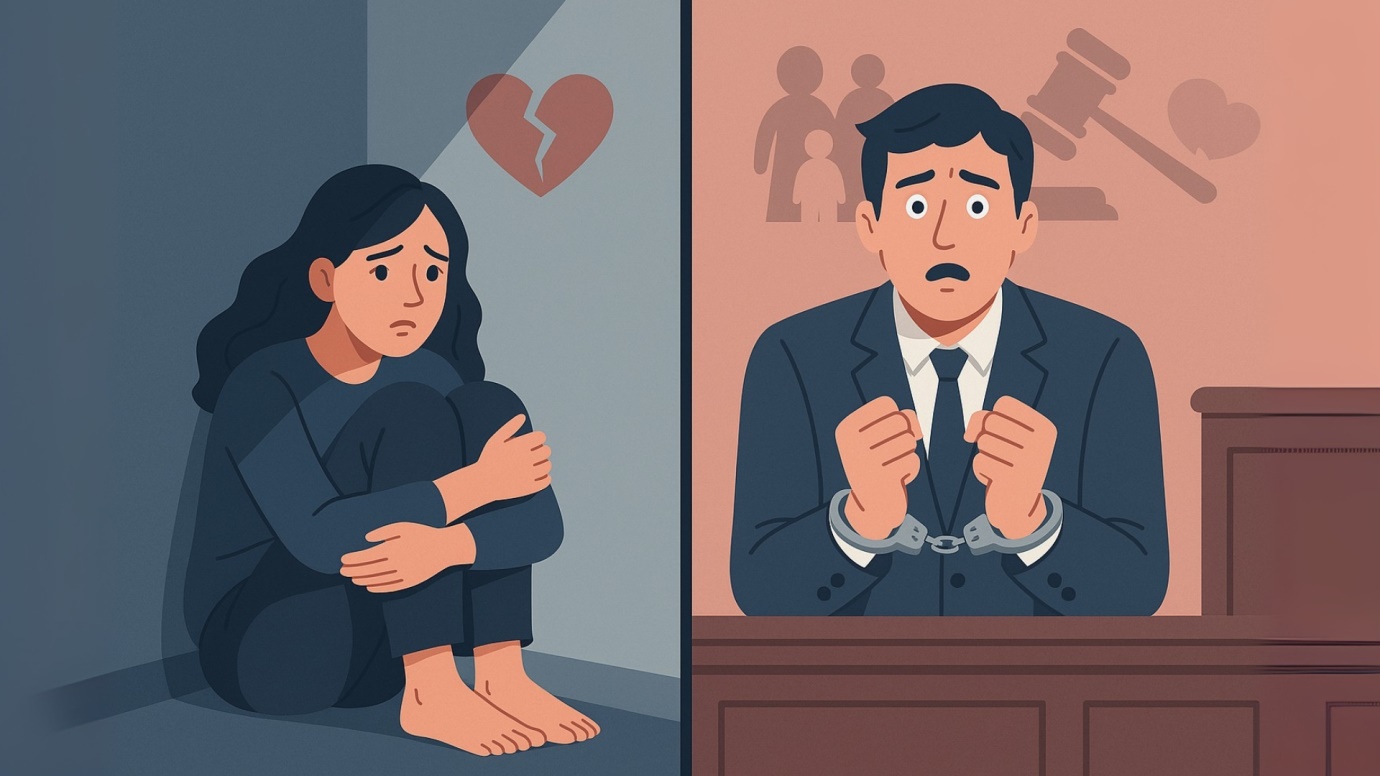
Who Can File a Complaint Under Domestic Violence Laws?
A wide range of people can file charges for domestic violence or charges for domestic abuse under Indian law:
- A wife or female live-in partner can directly approach the police or the court.
- Any woman who is or has been in a domestic relationship (e.g., mothers, sisters, daughters) can also file a complaint.
- In some cases, third parties like NGOs or family members can assist the victim in filing a case.
While these provisions are meant to protect genuine victims, it is important to remember that false complaints are not unheard of. A false case of domestic violence can be filed due to personal grudges, financial disputes, or as leverage in divorce and custody battles.
What Are the Possible Legal Consequences If Convicted?
Facing a domestic dispute charge is not something to take lightly. If the court finds you guilty under charges for domestic violence, the penalties can be severe:
- Imprisonment: Section 498A can lead to imprisonment for up to 3 years.
- Fines: Heavy monetary fines may be imposed along with compensation to the complainant.
- Social Stigma: Even an allegation — let alone a conviction — can damage your reputation, career, and relationships.
- Additional Charges: Sometimes, multiple sections of IPC are invoked along with charges for domestic abuse, escalating the legal battle.
This is why it’s critical to fight a fake domestic violence case strategically with strong evidence and the right legal advice.
India’s domestic violence laws are designed to protect victims, but they can also be misused. Understanding how charges for domestic violence, charges for domestic abuse, and domestic dispute charges work — and how they can be manipulated into a false case of domestic violence — is the first step to defending your rights.
Why False Domestic Violence Allegations Happen
Being on the receiving end of domestic violence charges is devastating — but what’s worse is when these charges are built on lies and manipulation. Unfortunately, India has seen a rising trend where genuine laws are misused, and families get entangled in a false domestic violence case for reasons that have little to do with actual abuse.
Understanding why a fake domestic violence case happens can help you stay prepared and fight back legally.
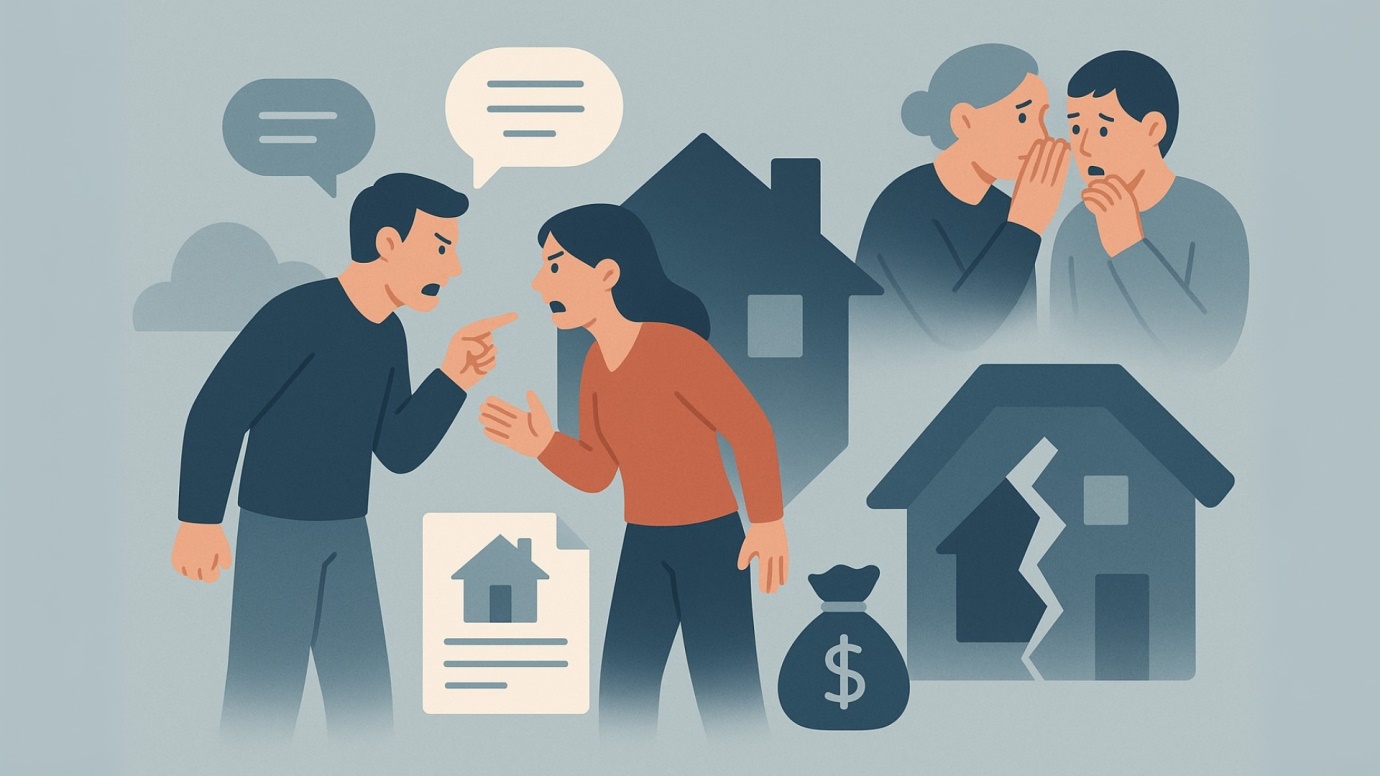
Common Reasons for False Allegations
In reality, a domestic violence false case rarely appears out of thin air — there’s usually an underlying conflict or motive. Here are some common scenarios:
- Family Disputes: Many false accusations of domestic abuse stem from bitter disputes within families — not only between spouses but sometimes involving in-laws. Misunderstandings can escalate into full-blown police cases overnight.
- Marital Discord or Revenge: A spouse may file a false domestic violence case to harass the other partner, especially during divorce proceedings. Sometimes, these allegations are used as a bargaining chip for better alimony, child custody, or financial settlement.
- Property and Financial Matters: Property inheritance battles can fuel a fake domestic violence case when one party wants to pressurize or coerce the other. This is particularly common in joint family setups where multiple relatives live under one roof.
- External Influence and Misinformation: At times, friends or external family members may influence a woman to file a domestic violence false case out of anger or misinformation — not fully realizing the long-term impact on both sides.
How Courts View False Domestic Violence Cases
Indian courts are increasingly aware of the misuse of Section 498A IPC, the main law used to file domestic violence charges. The Supreme Court of India has acknowledged that false or exaggerated cases under 498A have become a real problem, leading to unnecessary arrests and harassment of innocent family members.
In many judgments, courts have emphasized:
- The need for proper investigation before arresting the accused.
- The possibility of seeking anticipatory bail to avoid wrongful detention.
- Using mediation or counselling to resolve marital issues instead of jumping to file a fake domestic violence case.
When a false domestic violence case is proven in court, the complainant can face penalties for perjury and malicious prosecution — although, in practice, this is rare and depends on how well the defense lawyer presents the evidence of fabrication.
Immediate Steps If You Are Wrongfully Accused
Being wrongly accused of domestic violence can feel like your whole world has turned upside down overnight. It’s natural to feel anger, fear, or even shame — but how you respond in these first few hours and days can make or break your defense. Here’s what you must do if you are falsely accused of domestic assault, domestic battery, or facing any other form of false domestic violence accusation.
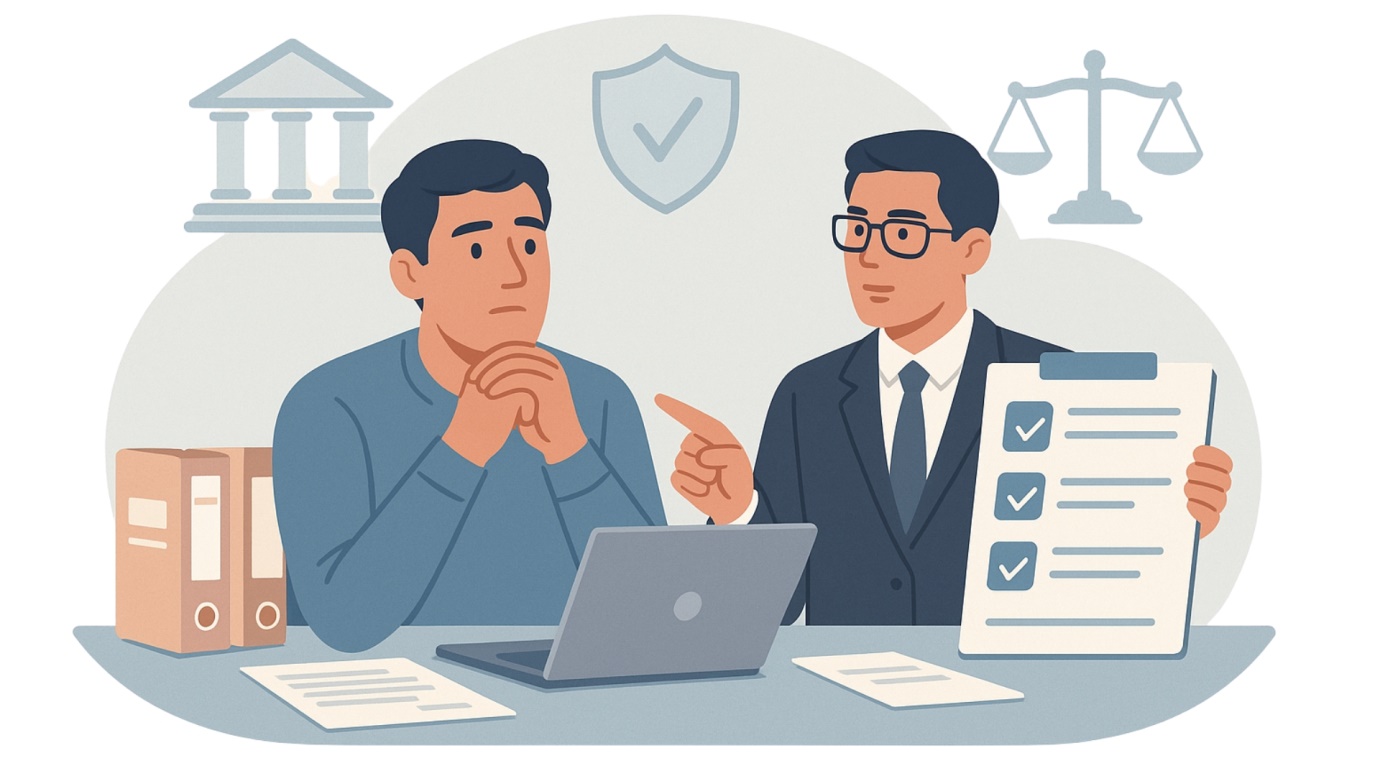
1. Stay Calm — Do Not Panic or Retaliate
The biggest mistake many people make when facing domestic violence charges is reacting out of emotion. Avoid shouting matches, threats, or any form of retaliation — these actions can be twisted and used as fresh evidence against you.
Tip: Remind yourself that India’s domestic violence laws are strict but not blind. Courts value evidence and proper procedure. Staying calm keeps you in control.
2. Avoid Direct Confrontation and Social Media Rants
Do not engage in arguments with your accuser — whether in person, on calls, or via text. Avoid responding to provocations.
No Social Media Posts: Venting online about being wrongly accused of domestic violence may feel justified, but even innocent posts can be misinterpreted by the prosecution.
3. Contact an Experienced Lawyer Immediately
When facing domestic abuse charges, legal guidance is non-negotiable. Hire the best domestic violence lawyer you can find — ideally one who understands both domestic violence laws and how to handle malicious complaints.
A good domestic violence lawyer will:
- Analyze your situation and guide you on the next steps.
- Communicate with the police on your behalf.
- Help you apply for anticipatory or notice bail to prevent arrest, especially in dowry-linked cases under Section 498A IPC.
- Gather evidence to disprove the false domestic violence accusation
4. Get the FIR and Apply for Bail Immediately
Always request a certified copy of the FIR (First Information Report) as soon as possible.
If you fear arrest, your lawyer will help you file for anticipatory bail or notice bail — which is crucial if you’ve been falsely accused of domestic assault or domestic battery under harsh provisions.
Tip: Courts are aware that misuse of domestic violence laws happens. A well-prepared bail application can keep you out of custody while you build your defense.
5. Start Gathering Strong Alibi Evidence
Evidence is your strongest shield against domestic abuse charges. The moment you learn about the allegation:
- Collect call logs, emails, and text messages that prove your side.
- Save CCTV footage if available.
- Secure travel records, hotel receipts, or timestamps that show you weren’t at the location of the alleged incident.
- Make a timeline of events.
Witnesses: List people who can testify that the incident did not happen or that you were elsewhere.
Being wrongly accused of domestic violence does not mean you will automatically be convicted — but only if you act wisely, legally, and with the help of the best domestic violence lawyer possible. Do not try to handle a false domestic violence accusation alone. Staying calm, gathering evidence, and securing the right legal help are your strongest weapons under India’s domestic violence laws.
Cooperate with Investigations but Know Your Rights
When you are facing domestic violence charges, the legal process can feel intimidating — especially if you are caught up in a false case of domestic violence. Many people panic when the police get involved, but it’s important to remember that even in a fake domestic violence case, the law protects your rights.
Here’s how to cooperate smartly without harming your defence.
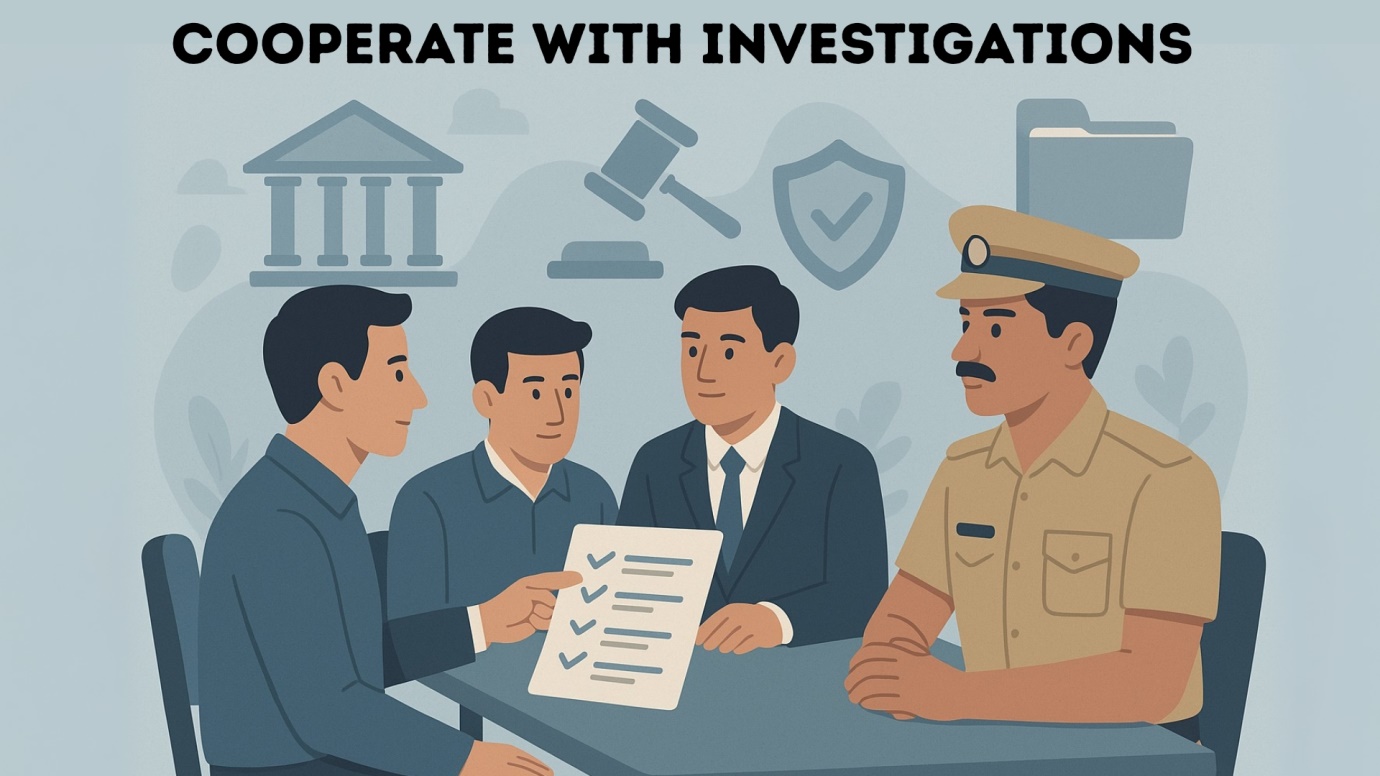
Understand Basic Police Procedures
Once a complaint is registered under India’s domestic violence laws, the police may file an FIR (First Information Report). Depending on the seriousness of the allegations, you could face immediate arrest — especially if domestic violence criminal charges are filed under Section 498A IPC, which is non-bailable and cognizable.
Important: Never ignore any police notice. If you are summoned for questioning or asked to appear before an officer, do so — but always consult your lawyer first.
How to Handle Police Questioning
When you are being investigated for domestic violence charges, the way you speak to the police can have a big impact on your case. Keep these tips in mind:
- Never lie, but do not volunteer unnecessary details either.
- Do not sign any statement without your lawyer’s advice.
- Be respectful and cooperative, but firm about your innocence if it’s a false case of domestic violence.
- If the police pressure you to confess, remember: you have the right to remain silent and have your lawyer present.
Role of Anticipatory Bail
If you suspect that you may be arrested in a fake domestic violence case, filing for anticipatory bail under Section 438 CrPC is crucial. This special bail protects you from immediate arrest and gives you time to prepare your defense.
Why it’s important: Courts know that a false case of domestic violence is possible. Well-prepared anticipatory bail petitions often highlight the lack of credible evidence, which can persuade the judge to grant relief.
Quashing the FIR
In some cases, especially when the allegations are clearly baseless or malicious, your lawyer may recommend filing a petition to quash the FIR under Section 482 CrPC. This is a powerful remedy when it’s obvious that the domestic violence criminal charges have no merit.
Courts often quash FIRs to stop the misuse of domestic violence laws when they are weaponised to harass innocent people in a fake domestic violence case.
Even if you’re trapped in a false case of domestic violence, you must handle police investigations smartly. Cooperate fully — but never at the cost of your legal rights. With timely anticipatory bail, a clear understanding of your rights, and a strong push to quash the FIR if needed, you can protect yourself from unfair domestic violence criminal charges and secure justice.
Follow Court Orders Strictly
When you are facing domestic violence charges, it’s not enough to just hire a good lawyer — you must also strictly follow any court directions given to you during the proceedings. Many people wrongly assume that if they believe it’s a false case of domestic violence, they don’t need to take protection orders or court instructions seriously. This is a dangerous mistake that can backfire and strengthen the other side’s claims.
Always Comply with Protection or Restraining Orders
Once a complaint is filed, the court may issue protection orders or restraining orders under India’s domestic violence laws. These orders could:
- Direct you to stay away from the complainant’s residence or workplace.
- Prohibit you from making any contact with the complainant or their relatives.
- Order you to provide monetary support or alternative accommodation if required.
Even if you know you’re trapped in a fake domestic violence case, you must comply with every condition set by the court. Any violation can give the prosecution fresh grounds to push for stricter action against you — and may be used to claim that the domestic violence charges are valid after all.
Serious Consequences of Violating Court Orders
Disobeying a protection order when facing domestic violence criminal charges can lead to:
- Immediate arrest and jail time.
- Cancellation of your bail or anticipatory bail.
- Additional penalties under the Protection of Women from Domestic Violence Act (PWDVA) and relevant IPC sections.
Courts take violations very seriously — even if it’s a false case of domestic violence, breaching court directions makes you appear irresponsible and can weaken your entire defense.
What You Should Do Instead
- If you believe an order is unfair or impossible to comply with, your lawyer can file an appeal or request modification — do not ignore it on your own.
- Keep a record of how you are following the order. This helps prove your good faith if the other side alleges otherwise.
- Stay calm and trust the legal process. Many people who ignore court orders in a fake domestic violence case end up losing their right to anticipatory bail and other legal protections.
No matter how strong your evidence is that you’re fighting a false case of domestic violence, the smallest violation of a court order can undo your entire defense. Always remember — following every court directive shows the judge that you respect the law and have nothing to hide. This can only strengthen your position when challenging domestic violence criminal charges.
Possible Legal Remedies
When you are falsely accused of domestic assault or trapped in a false case of domestic violence, it’s natural to feel helpless. However, Indian law does not leave the innocent without recourse. There are specific legal remedies you can use to protect your rights and reputation if you are fighting domestic violence charges that have no basis in truth.
Below are some practical steps you can take under India’s domestic violence laws to counter a fake domestic violence case or wrongful domestic violence criminal charges.
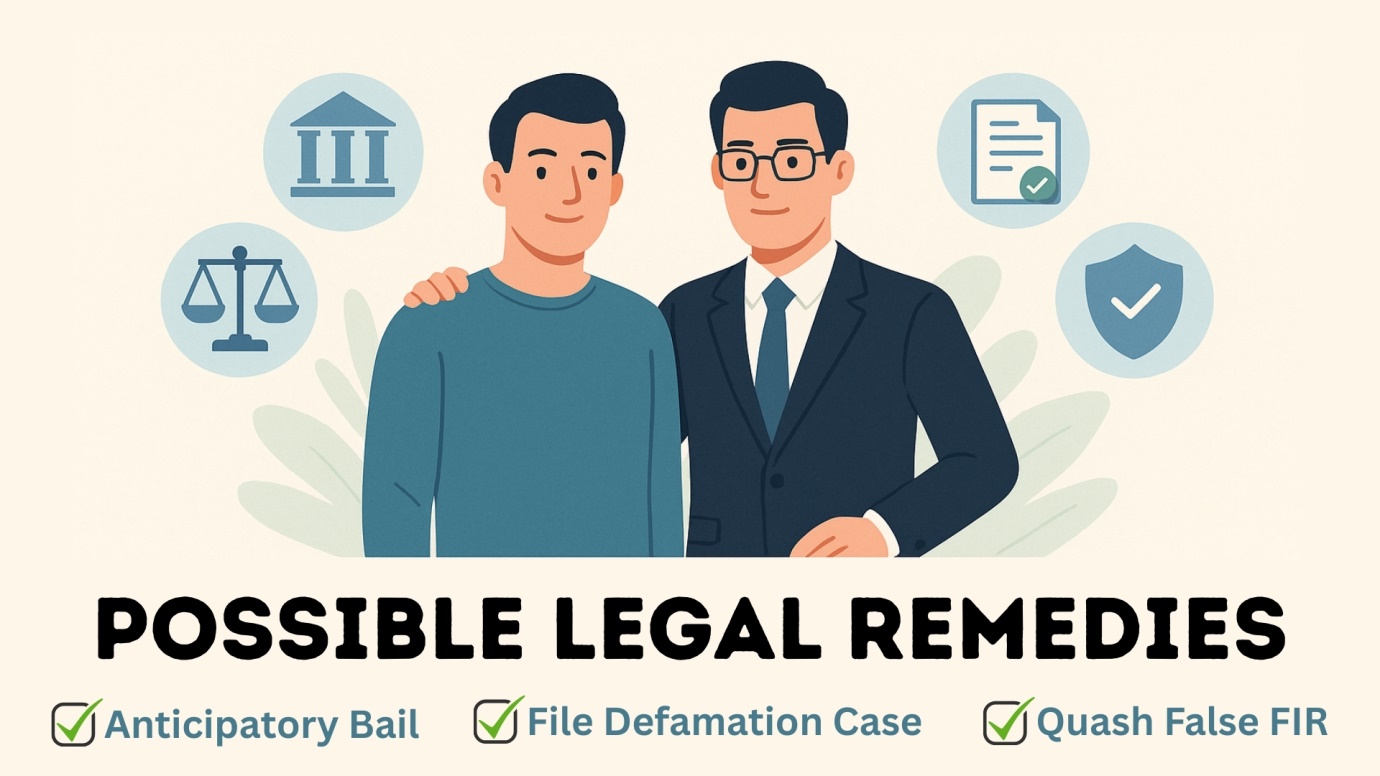
Filing for Anticipatory Bail
One of the first and most crucial remedies when facing domestic violence charges is to apply for anticipatory bail under Section 438 CrPC. This legal safeguard is designed to protect those who have been falsely accused of domestic assault or any other non-bailable offence.
How it helps:
- It prevents your arrest right after the FIR is filed.
- It allows you to prepare a proper defence while remaining out of custody.
- It reassures the court that you are cooperating with the investigation despite the false case of domestic violence.
Courts often grant anticipatory bail if it’s clear that the complaint is a fake domestic violence case filed with malicious intent.
Quashing a False FIR
If the allegations are clearly fabricated, your lawyer can file a petition to quash the FIR under Section 482 of the CrPC. The High Court has the power to quash FIRs when it is obvious that continuing the trial would be an abuse of the judicial process.
This is especially effective when:
- The allegations are vague, contradictory, or unsupported by evidence.
- The FIR has been filed only to harass you or gain an unfair advantage in related disputes, such as property or divorce matters.
- There is enough proof that you’ve been falsely accused of domestic assault or facing domestic violence criminal charges without merit.
Getting a false FIR quashed saves you from years of litigation and emotional trauma.
Filing a Defamation Case
If the court finds that you were indeed the victim of a false case of domestic violence, you have the right to fight back by filing a defamation case under Sections 499 and 500 IPC. Maliciously filing a fake domestic violence case to damage your reputation is a criminal offence in itself.
Why file defamation?
- It sets the record straight and protects your reputation.
- It can help recover damages for the mental and financial stress caused by the false case of domestic violence.
- It serves as a warning to anyone else considering false allegations in the future.
Remember, being falsely accused of domestic assault does not mean your life is over. The law provides multiple remedies to protect those wrongfully charged under India’s strict domestic violence laws. Filing for anticipatory bail, seeking to quash a bogus FIR, and pursuing defamation action can all help you clear your name and hold the real wrongdoer accountable for misusing the law.
When handled wisely, these steps can help you turn a fake domestic violence case into an opportunity to defend your rights, reclaim your dignity, and move forward with your life.
FAQs
A. If you are wrongly accused of domestic violence, stay calm, avoid confrontation, and immediately consult a lawyer. Acting rashly can worsen domestic violence charges even if it’s a false case of domestic violence.
A. If you are falsely accused of domestic assault, you can file for defamation or malicious prosecution once proven innocent. Courts can penalize false complainants for wasting judicial time.
A. When facing a fake domestic violence case, anticipatory bail prevents arrest under domestic violence criminal charges. It protects you while you gather evidence to prove your innocence.
A. Yes. If you’re trapped in a false case of domestic violence, your lawyer can file a petition under Section 482 CrPC to quash the FIR if there is no merit in the allegations.
A. No. If you face a false case of domestic violence, never confront your accuser directly. It can be used to justify domestic violence charges against you.
A. Yes. If you’re falsely accused of domestic assault, hire an experienced lawyer who specialises in domestic violence criminal charges and has a record of fighting fake domestic violence cases.
A. While domestic violence laws mainly protect women, men wrongly accused can fight back through anticipatory bail, FIR quashing, and defamation if facing a fake domestic violence case.
Conclusion
Facing domestic violence charges can feel like you’ve lost control of your life overnight — especially when you know you’ve been falsely accused of domestic assault. A false case of domestic violence not only puts your freedom at risk but also damages your reputation, career, and family relationships. But it’s important to remember: India’s legal system gives you the power to defend yourself, clear your name, and rebuild your life.
No matter how complex the domestic violence criminal charges may seem, the law is not blind to the reality of a fake domestic violence case. Courts are increasingly aware that these laws can be misused — and with the right evidence, strategy, and a strong legal team, wrongful accusations can be fought and defeated.
Your Rights, Your Defence
At the end of the day, facing domestic violence charges, especially when you are falsely accused of domestic assault or caught in a false case of domestic violence, can be one of the most stressful experiences of your life. Remember: wrongful accusations can be fought and proven false with the right evidence, timely action, and strong legal strategy.
Every situation is unique — so if you find yourself dealing with a fake domestic violence case or any domestic violence criminal charges, it is always best to seek guidance from an experienced, qualified legal professional who understands your circumstances.
Take proactive steps, know your rights under India’s domestic violence laws, and do not hesitate to speak to a trusted lawyer to discuss your case in detail. The right legal help can make all the difference in protecting your reputation, your freedom, and your future.
For more insights into related legal topics or to understand how professional legal support works, you may also explore our Home Page for general information.
Disclaimer:
This blog is intended for general informational and educational purposes only. It should not be taken as specific legal advice for any individual case. Laws related to domestic violence charges, false domestic violence cases, or related family disputes can vary based on facts and circumstances.
If you believe you have been falsely accused of domestic assault or are facing a fake domestic violence case, we strongly recommend consulting a qualified lawyer who can guide you based on your unique situation. For confidential, case-specific guidance, you may connect with the team at Adlegal or any trusted legal professional of your choice.


